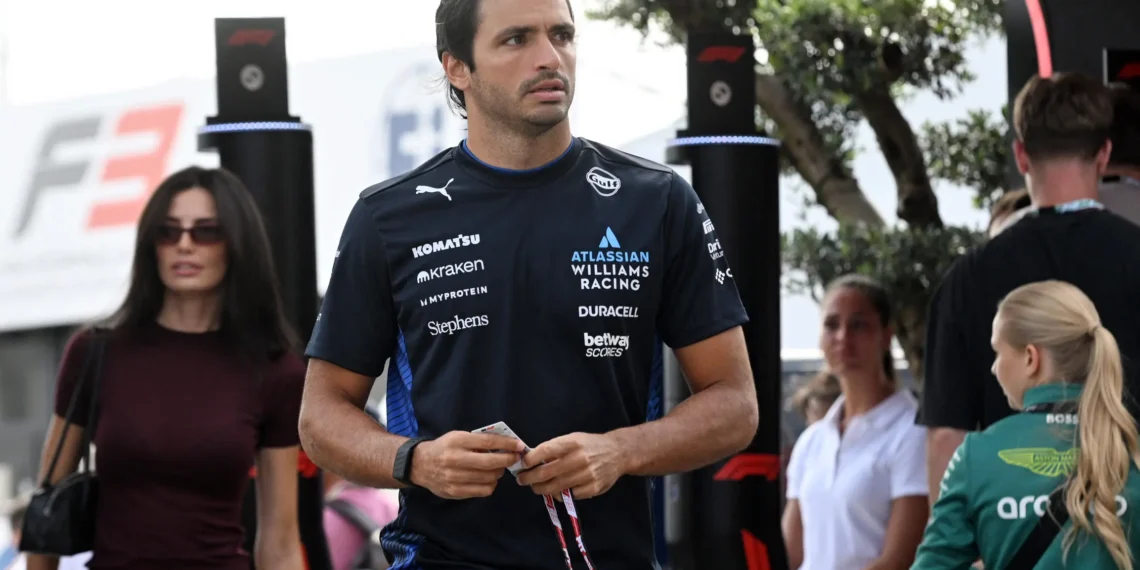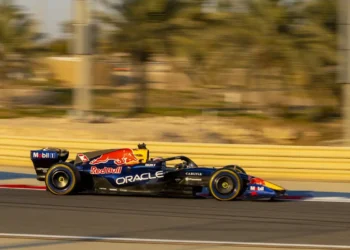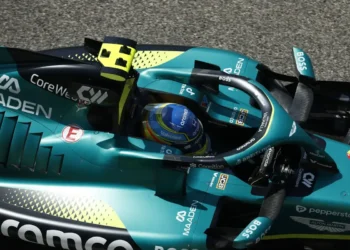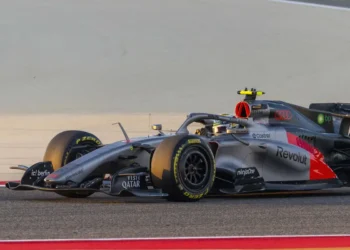In a stunning turn of events that has sent shockwaves through the Formula 1 community, the FIA has dramatically overturned Carlos Sainz’s controversial penalty from the Dutch Grand Prix held at Zandvoort. This decision comes after intense backlash from the Williams Racing team, who argued vehemently that Sainz was wrongly blamed for his collision with rookie driver Liam Lawson at Turn 1.
Initially, Sainz found himself in hot water with a 10-second penalty and two points added to his record after a clash with Lawson, where his front tire made contact with Lawson’s rear. However, Williams quickly sprang into action, filing a right of review to challenge the stewards’ ruling. Their argument? Lawson’s errant drift to the left played a significant role in the incident, and they demanded justice.
In a statement that could change the narrative of this year’s racing season, the FIA concluded, “The Stewards agree with Williams’ characterization of the collision as a racing incident.” They determined that Lawson’s momentary loss of control was the primary cause of the crash, declaring that no driver was predominantly to blame. This unexpected revelation could redefine how racing incidents are viewed in the future.
Despite the penalty being rescinded, the fallout from this incident remains significant. Sainz’s position in the Dutch GP classification remains unchanged, as he finished 13th, a full 17 seconds behind Lawson, who claimed 12th. The FIA clarified that while Sainz had served his penalty during the race, they had no jurisdiction to alter the final classification due to the time already lost.
“Car 55 [Sainz] contributed to the incident by taking the risk to drive close to, and on the outside of, Car 30,” the FIA report noted, highlighting the inherent dangers of racing strategy. Yet, they also acknowledged the complexities of racing dynamics, stating that the collision’s circumstances warranted a reevaluation of Sainz’s culpability.
Williams Racing expressed their relief and satisfaction with the ruling. “We are grateful to the stewards for reviewing Carlos’ Zandvoort penalty and are pleased they have now decided he was not at fault and that this was a racing incident,” the team stated, emphasizing their commitment to working collaboratively with the FIA to enhance stewarding processes.
As the dust settles on this contentious episode, the implications of the FIA’s decision could resonate throughout the remainder of the season. With tensions high and stakes even higher, the motorsport world will be watching closely to see how this pivotal moment influences future races and the ongoing discourse around racing regulations.










